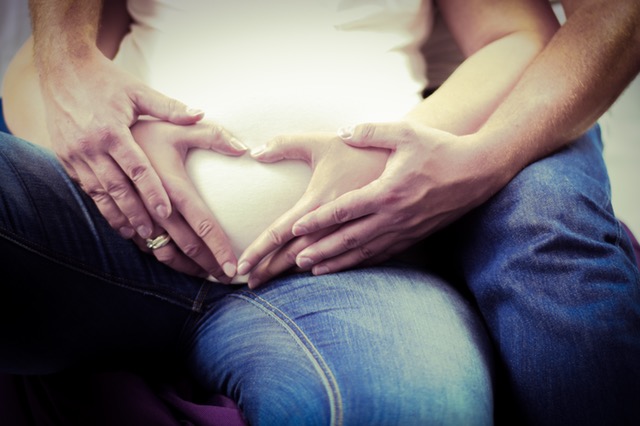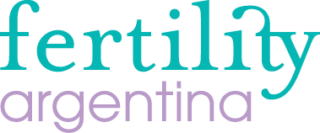Effects of egg donation on parents

This week, Dorothy Greenfield from Yale University, has published an article in Fertility and Sterility journal. It is about the effects of third-party reproduction on parents. It means any human reproduction in which DNA or gestation that is provided by a third party or donor other than the two parents who will be raising the child. Although has been a routine treatment since long time ago, we don’t have the same experience with egg and sperm donation. Sperm donation has been used for over a century; however, the first egg donation report was published in 1984, a little more than 30 years.
First of all, we should say that egg donor cycles are usually successful and bring lots of joy to couples may not have achieved a parenthood. However, parenthood through third-party reproduction involves complex decision making, frequent emotionally charged dilemmas, and potential psychological risk. For this reason, psychological counseling is recommended.
Studies have shown that children conceived through third-party reproduction are doing well psychologically and developmentally and do not appear to be adversely affected by the lack of a genetic or gestational link to the intended parent. But, what do we know about the effect of this type of treatment on the parents? Hershberger concluded that the subjects’ experience is best described in four stages: the acknowledgement of the desire for motherhood, they accept that using donor oocytes is as a way to achieve motherhood, they navigate an intense period of decision making, and the final stage is living with the lasting legacy of achieving motherhood through OD.
Coming to terms with the need for OD is easier for some couples than others, but the process almost always involves some emotional loss—loss of a genetic connection to the child, loss of the continuation of the family bloodline, and, for many women, the fear that they “won’t see themselves in the baby’”. For some who may have had years of unsuccessful infertility treatment, hearing that they need to consider OD is not unexpected. For others, those news are difficult to hear.
I set up our egg donor program a decade ago. And I was in charge of it for more than 5 years. We do more than 500 egg donor treatments every year. It means that I’ve seen thousands of patients that did OD in the last decade. My experience is that some of them come to my office with the decision already taken. But lots need to keep thinking about it. I try to help my patients to think about this option and I like working with a psychological counselor. Sometimes patients just need time. And during that time, they do another cycle with own eggs (because they needed that until they make the decision). Some others decide it in 2 hours, or 2 days. And some need a couple of months or even more than a year. It doesn’t matter how long does it take. The important thing is to give them time to think, to feel, to evaluate and to talk about it. At the end, most conclude that is a great option. I am really happy to take my patients’ hand and go at their side, helping with this decision, because I have seen hundreds of satisfied patients coming at the end to thank the opportunity of having this option.


